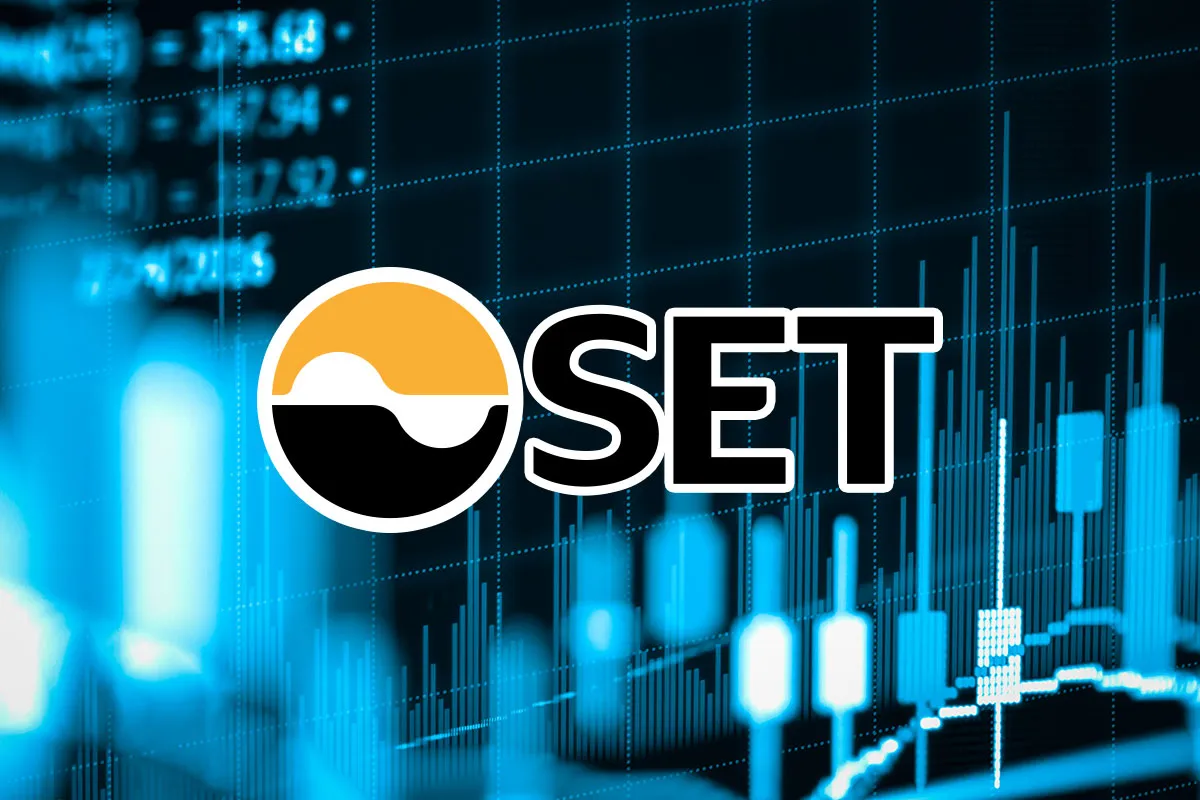Foreign investors are calling for clearer and well-defined policies as they continue to offload Thai equities for the third straight year, with total net sales exceeding 400 billion baht, according to the Stock Exchange of Thailand (SET).
In 2025 alone, net foreign outflows have reached 70.7 billion baht, based on data from the exchange.
During a recent roadshow in Singapore, SET President Asadej Kongsiri highlighted that regional institutional investors have emphasized the need for policy consistency, particularly concerning large-scale infrastructure projects and national development initiatives such as the Land Bridge project.
“Foreign investors prefer clarity and well-crafted policies because they are attracted to markets with high potential returns,” he stated. Additionally, he mentioned support from investors for revising foreign ownership limits in key sectors like tourism, hospitality, and banking to encourage more long-term investment.
Investor sentiment has been affected by global economic challenges. Factors such as proposed US tax hikes, high global interest rates, and a slowing economy have contributed to subdued investment activity and increased volatility in the Thai stock market, especially in May when several Thai companies were removed from the MSCI index during its semi-annual rebalancing.
Economists warn that a worst-case scenario involving a 36% tariff on US exports could lead to just 1% economic growth in Thailand, further dampening investor confidence. Nevertheless, many Thai companies continue to demonstrate strong earnings and dividends, with some initiating share buyback programs due to undervalued stock prices.
Concerns also persist within the tourism sector. Although overall growth remains steady, Chinese tourist arrivals have declined sharply. Public investment is one of the few bright spots, with May projections suggesting signs of recovery.
Despite these challenges, the SET remains the region’s most liquid marketplace, even though daily trading volumes have declined to between 30 and 40 billion baht. Senior SET Vice-President Soraphol Tulayasathien noted that over half of listed companies met or surpassed earnings forecasts, benefitting from falling oil prices that reduced operational costs and from the Bank of Thailand’s rate cut, which lowered financial expenses.
As of May, the SET index declined 4% from the previous month to close at 1,149.18 points, underperforming most regional exchanges. Year-to-date, it has fallen 17.9%, amid market uncertainties driven by domestic and international factors that have weakened investor confidence.
Looking ahead, he suggested that investors may shift toward dividend stocks for sustainable returns, as Thai equities remain attractive due to their consistent dividend payouts. Diversification across various sectors is also recommended as a risk mitigation strategy during uncertain times.
The combined trading value on the SET and the Market for Alternative Investment (MAI) increased by 9.9% month-on-month to an average of 43.3 billion baht (approximately US$1.33 billion). Foreign investors continued to dominate trading activity, accounting for 55.3% of total trading volume, although they posted a net selling of 16.1 billion baht, mainly due to asset reallocation following MSCI rebalancing.

